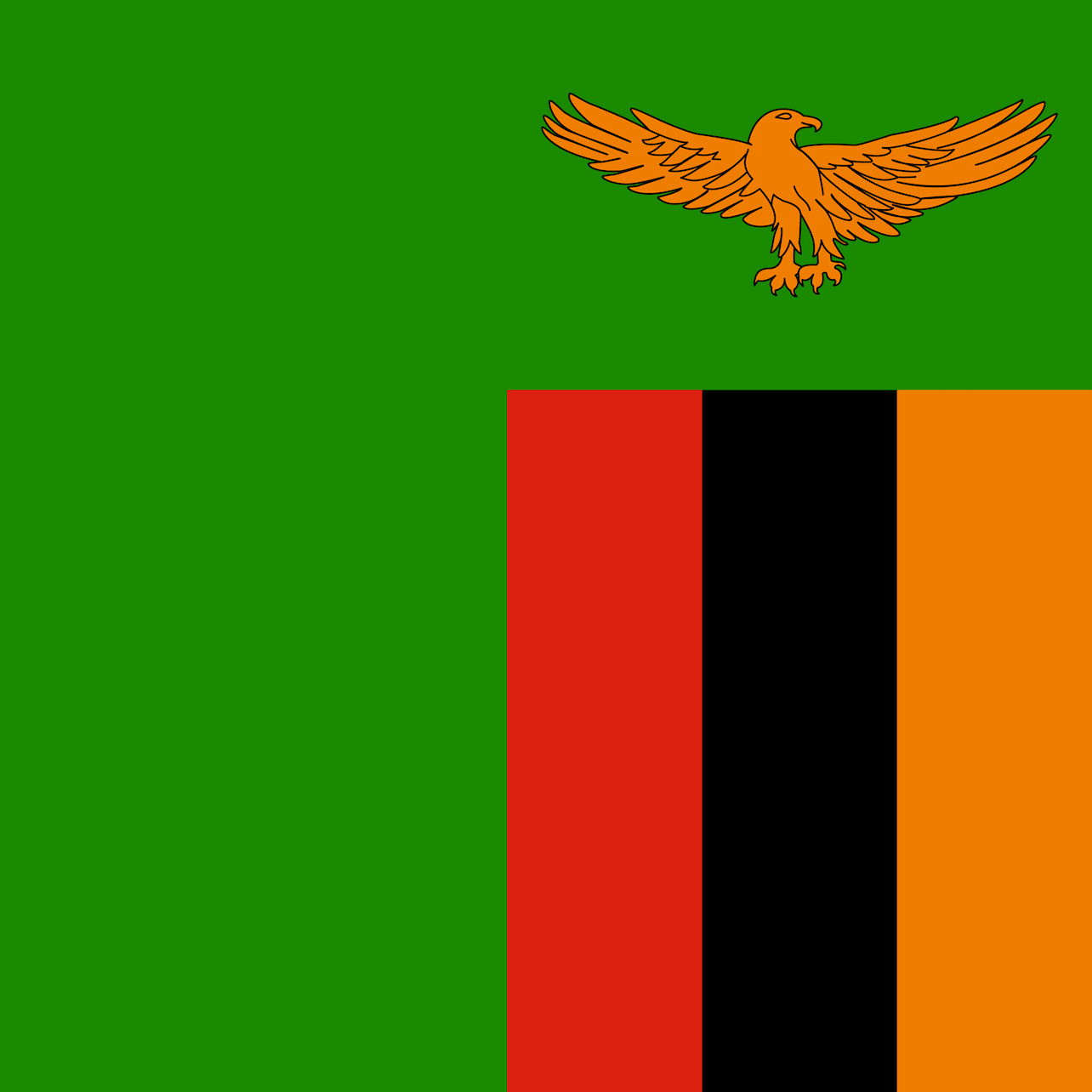Child-led initiatives in Africa
Regional Trends: AfricaChild participation actions taken forward in Africa largely respond to distributing basic needs such as sanitary kits, food and face masks. Children and young people are also addressing mis-information about COVID, supporting delivery of official and accurate information in isolated areas. Children and young people are addressing different forms of violence, but the ones that are common to most countries are gender-based violence, sexual violence, child marriage and female genital mutilation. Children are creating awareness among their peers, and also educating adults. There have also been initiatives specifically looking to connect with children in street situations. An important challenge in the region has been adapting offline participation methods to the online environment, given that Internet connection is limited to a sector of society. Children have been instrumental in bridging that gap, as those who do have access go out and reach children who don’t in order to transmit the needed information. This has also applied to peer-to-peer mentoring interventions, which are very popular in the region. Also, going to look for children in their homes to bridge with the information transmitted online has been an entry point to preventing violence. An important number of participation initiatives are addressing digital safety training, as organizations have identified that because of COVID-19 many children are spending more time online, or even going online for the first time. It’s quite common that these examples are either part of or are complementing efforts towards bridging children with education and online learning. |
Botswana
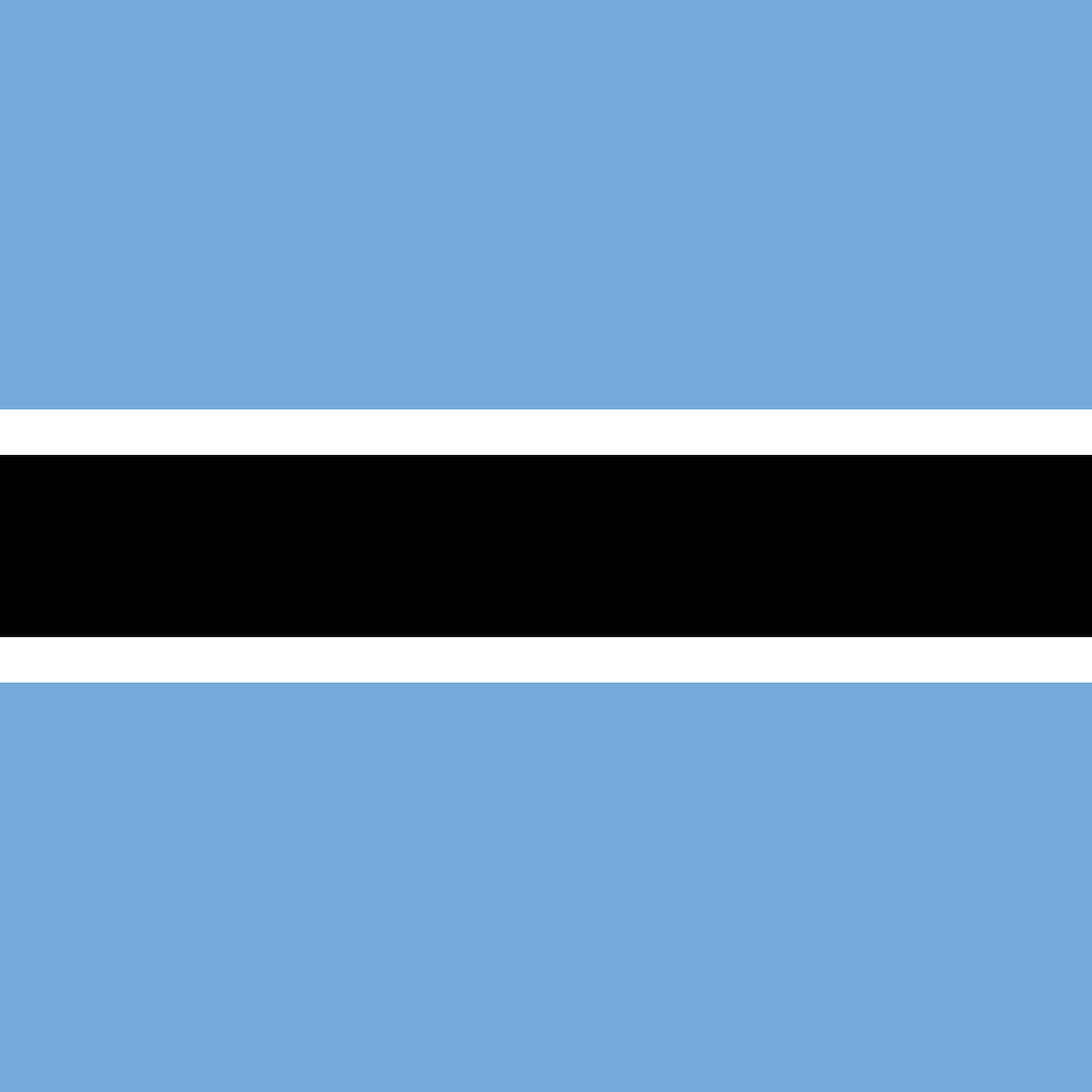
Burundi
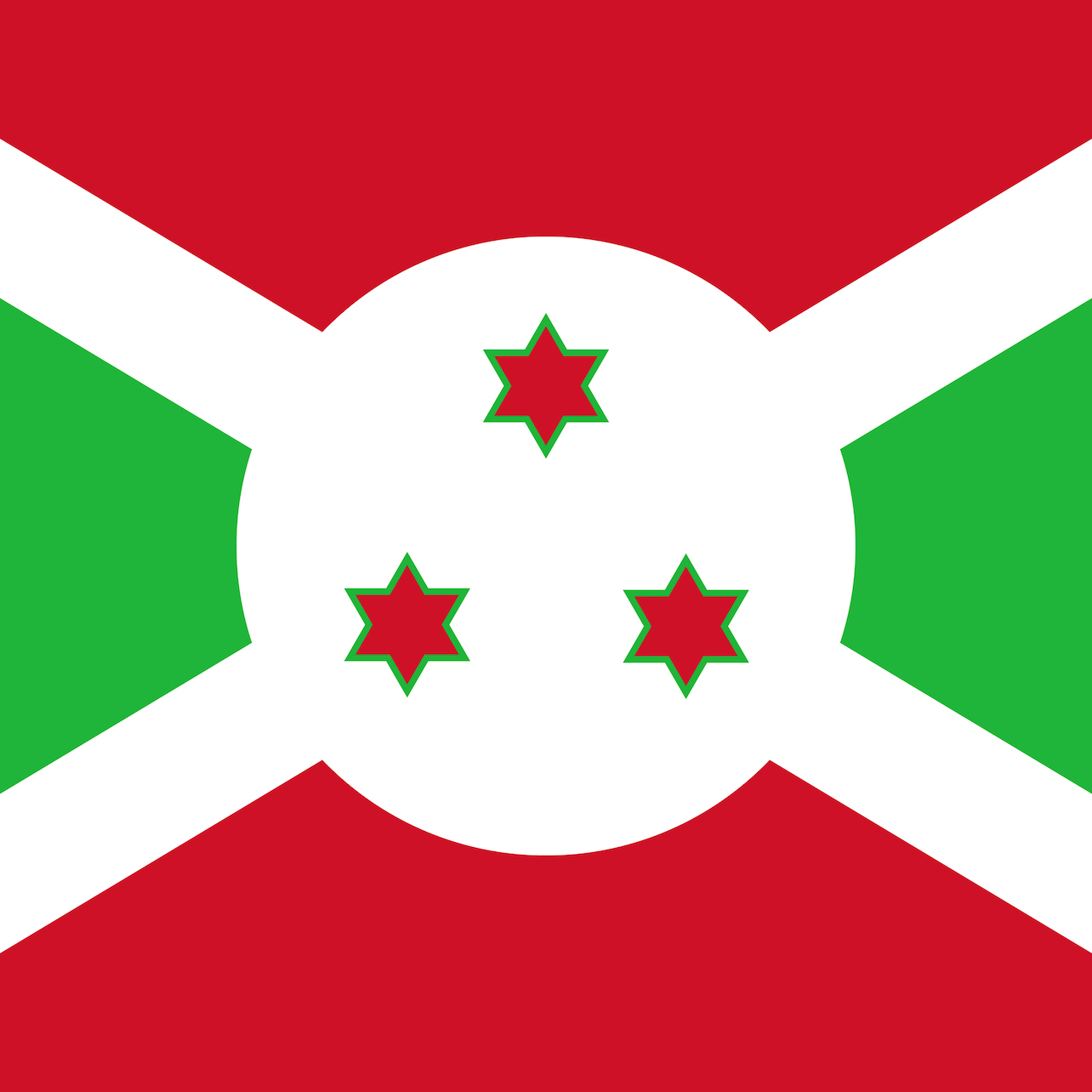
Cameroon
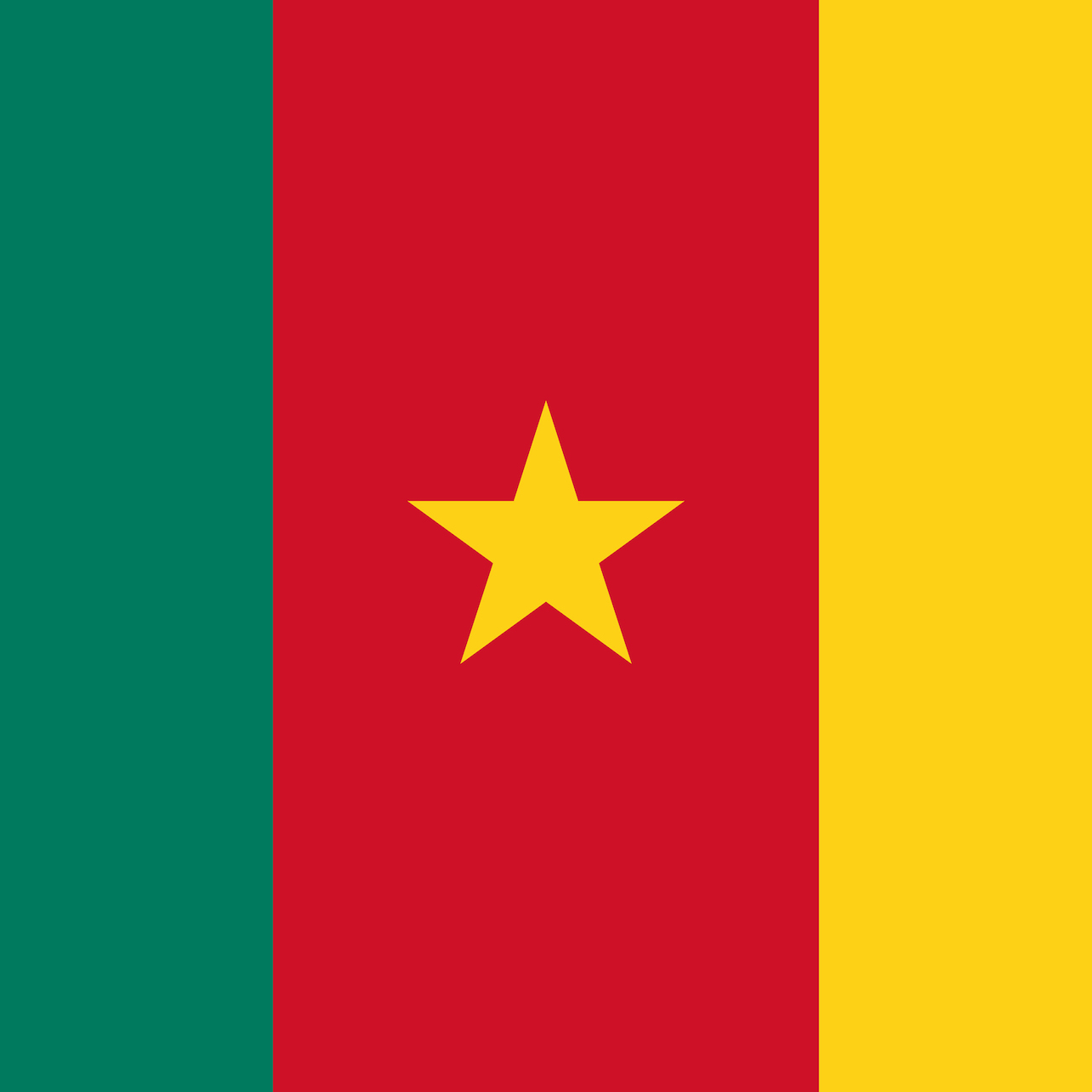
Central African Republic
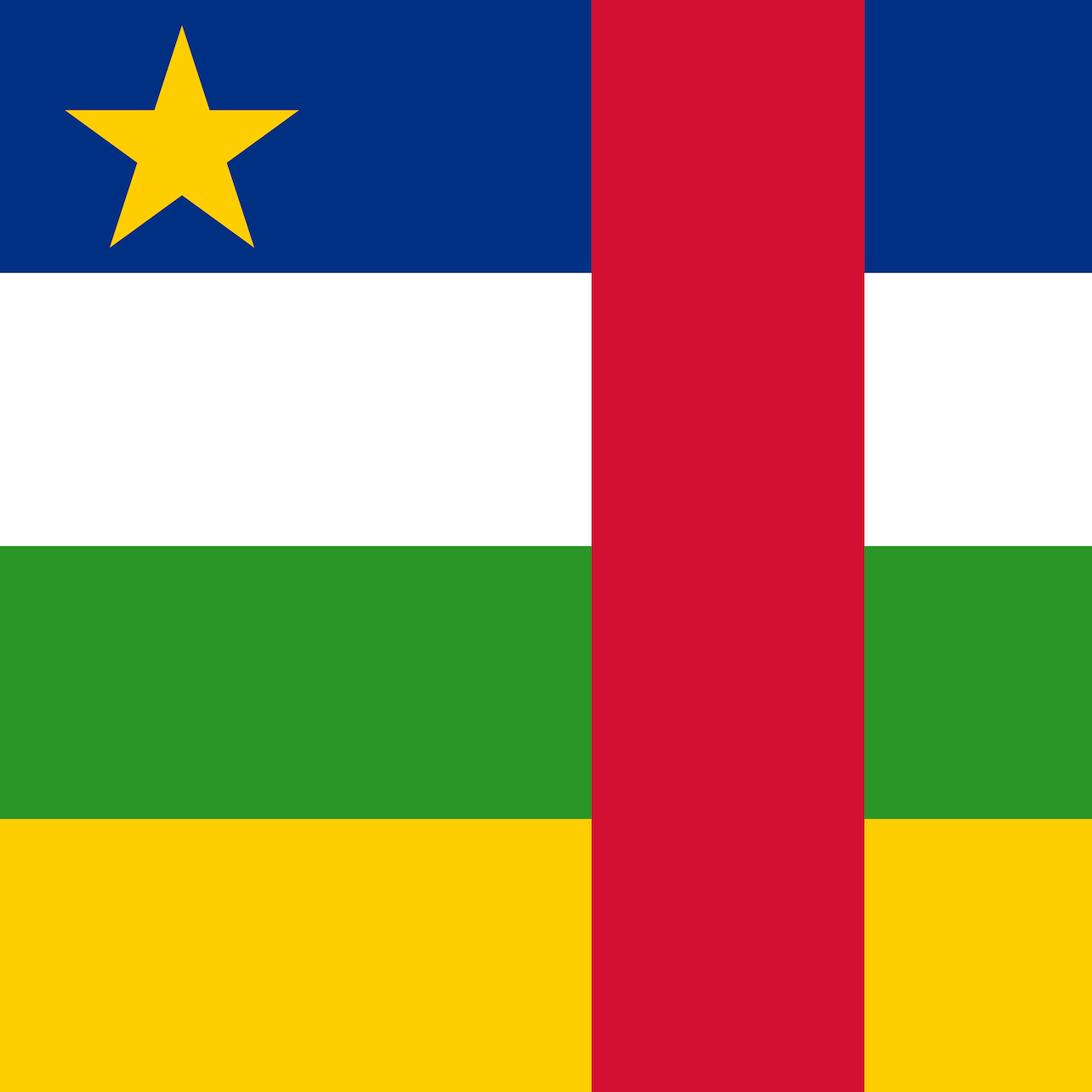
Chad
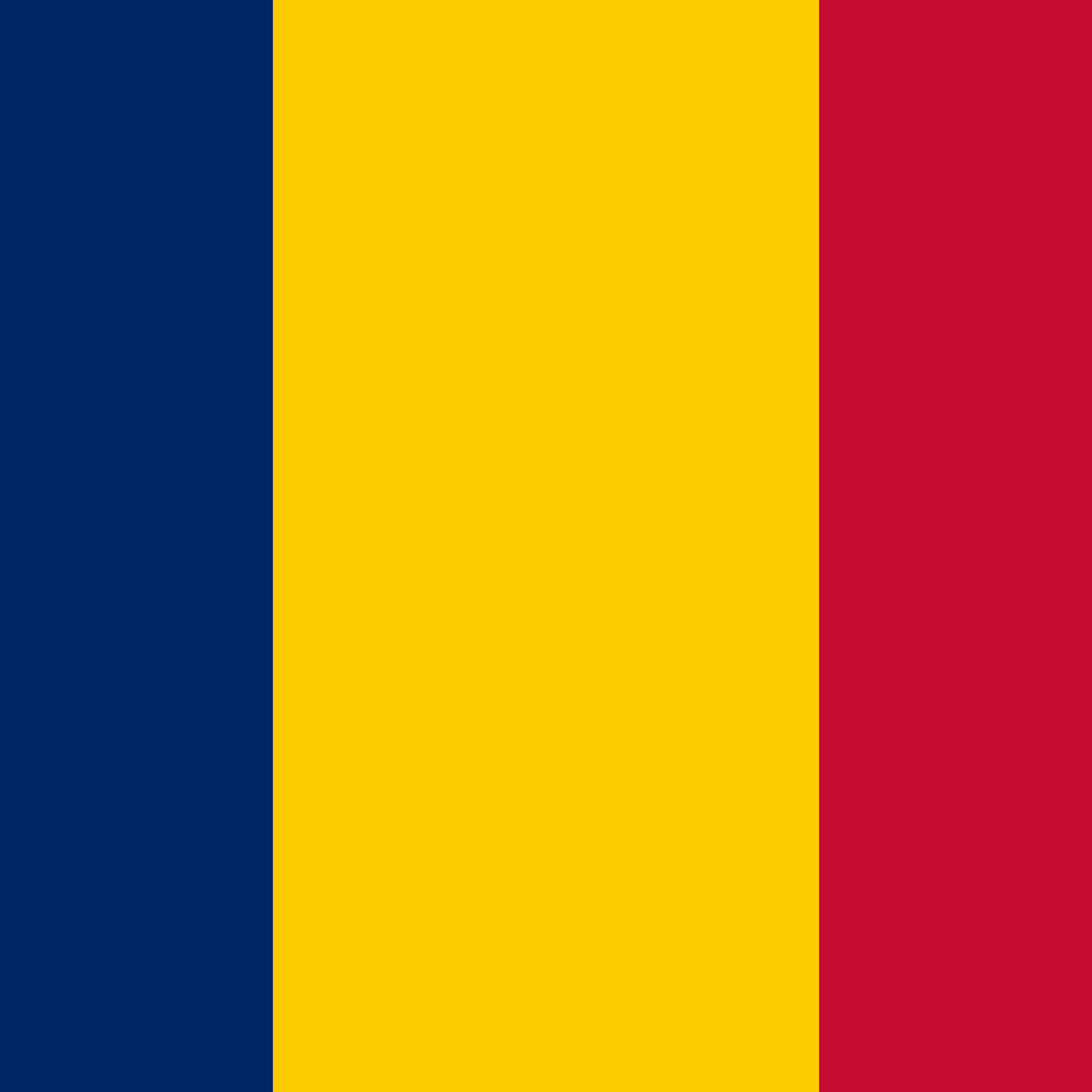
Democratic Republic of Congo
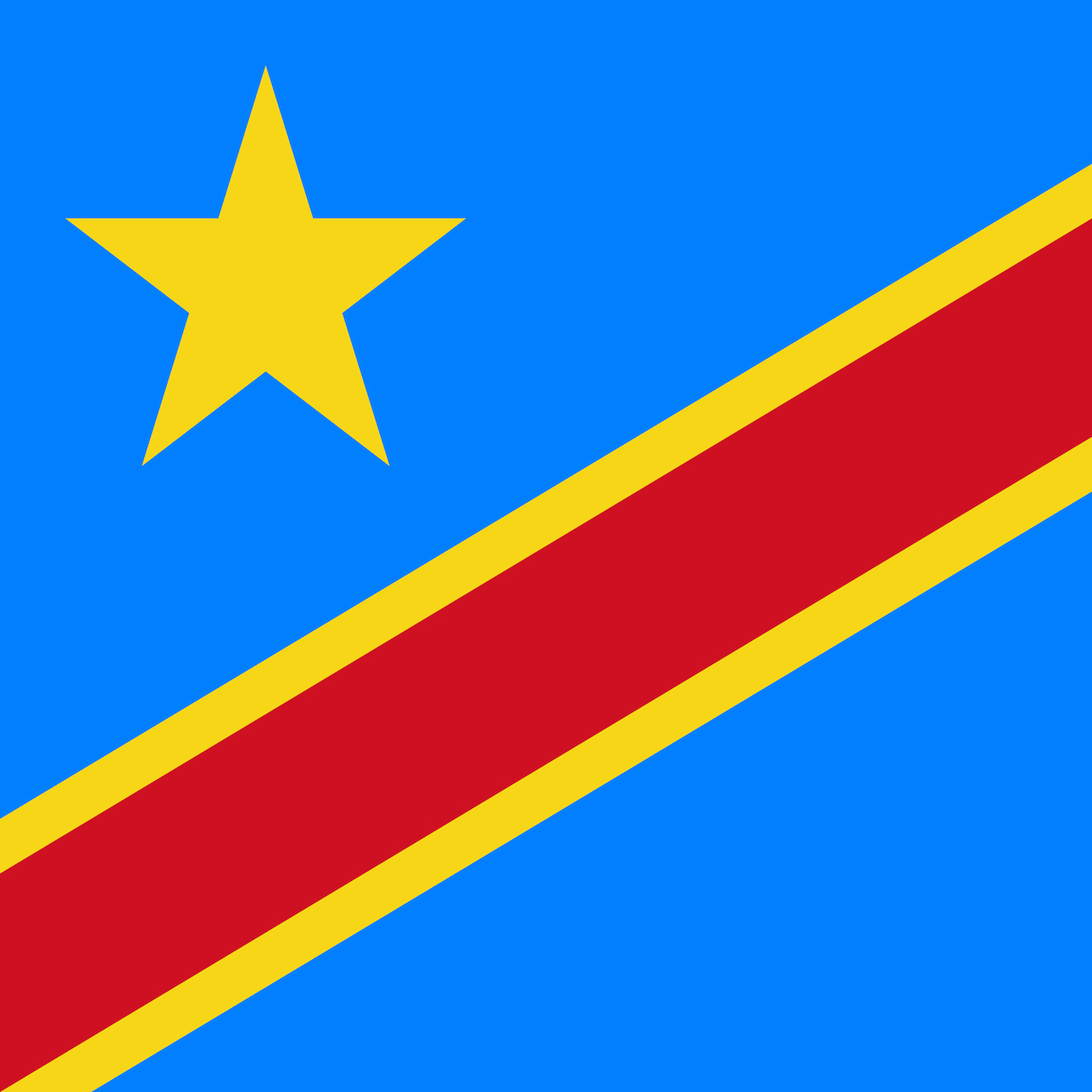
Ethiopia
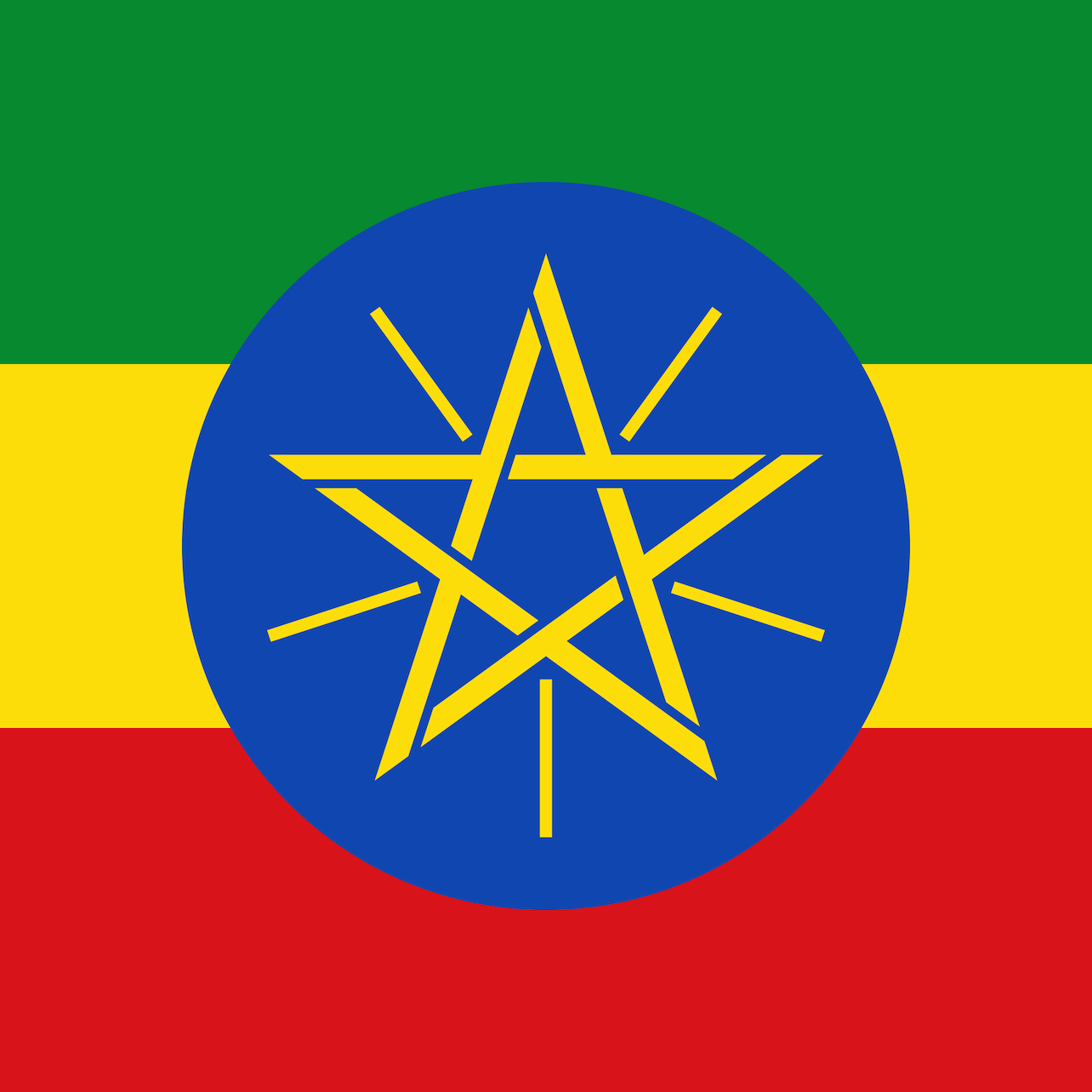
Gambia
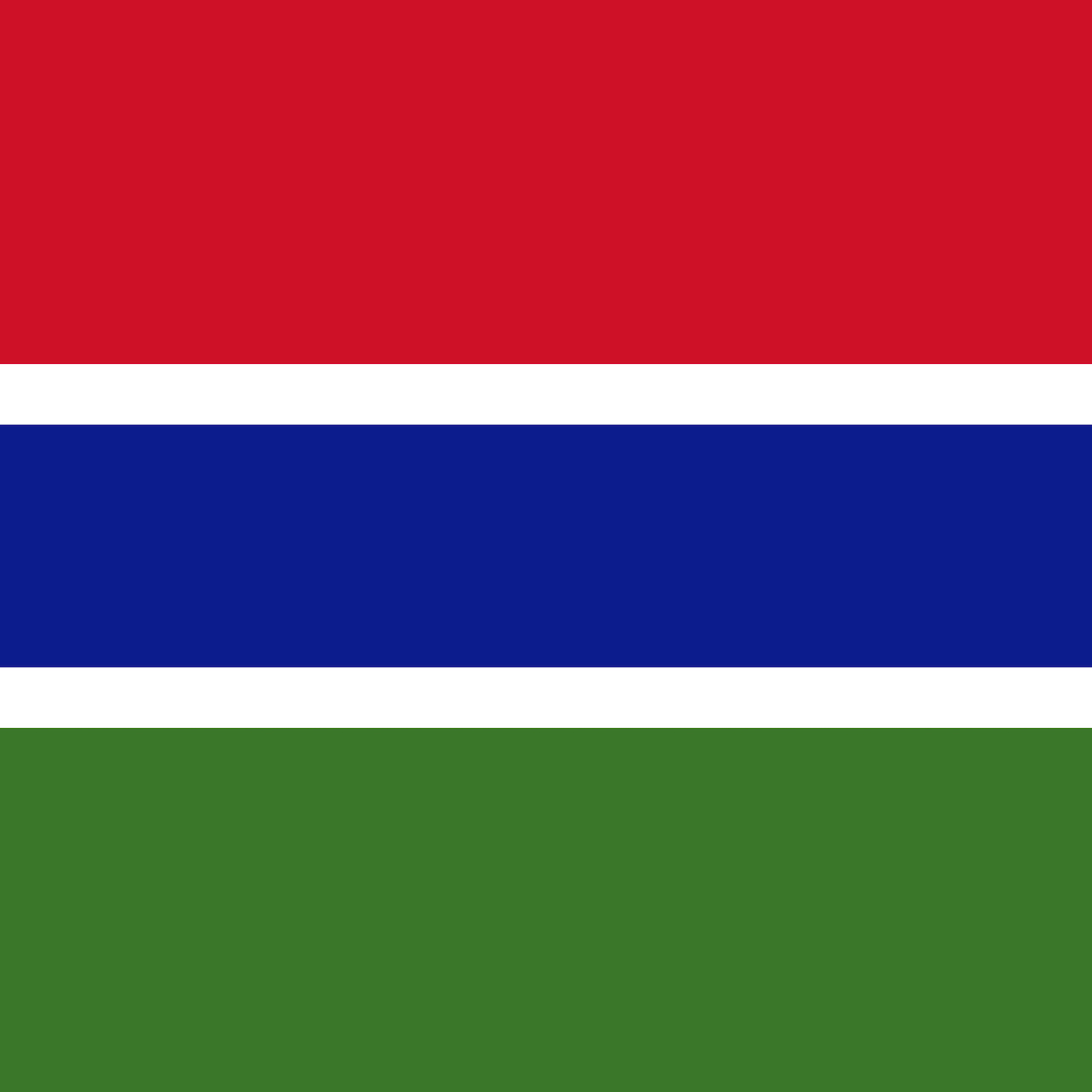
Kenya
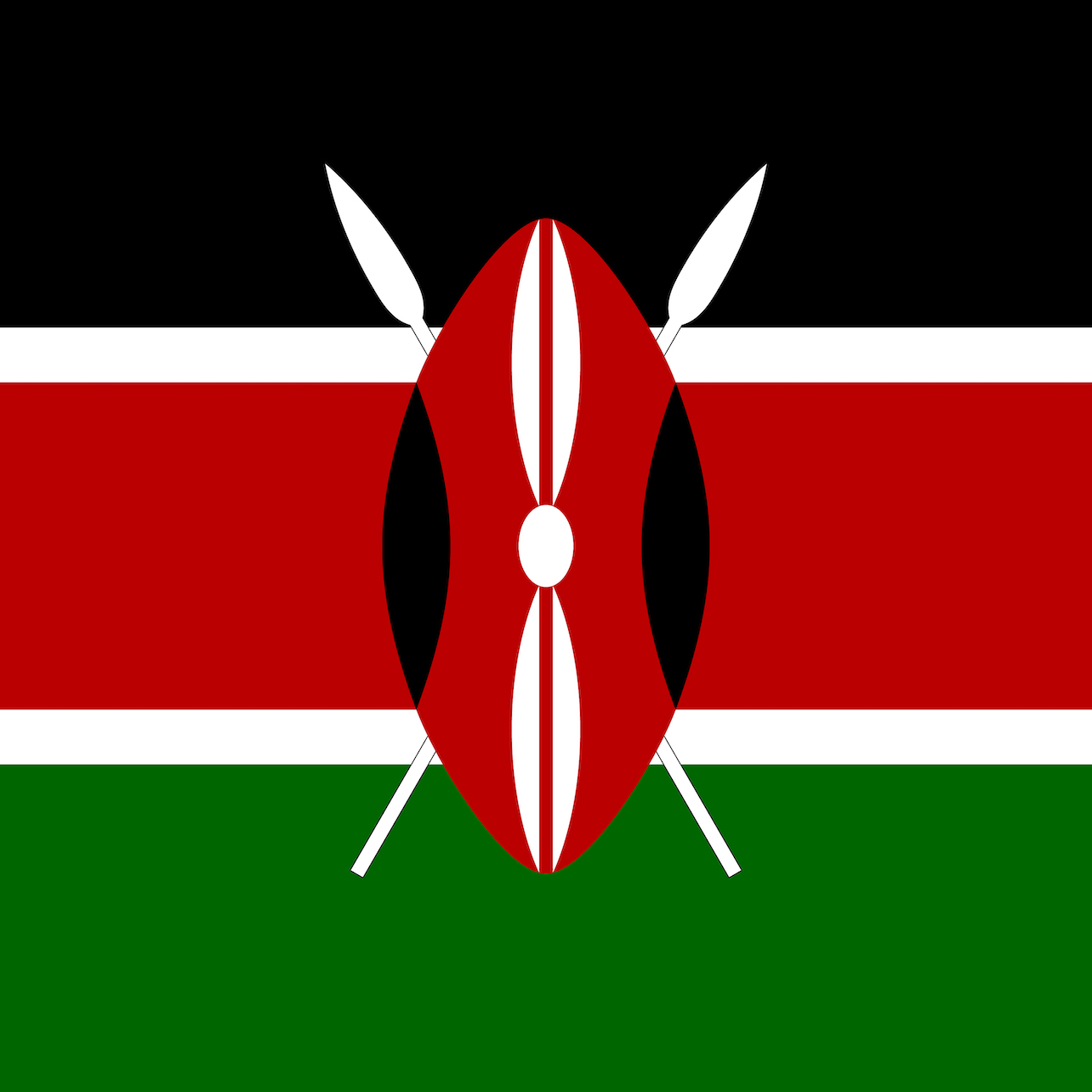
Liberia
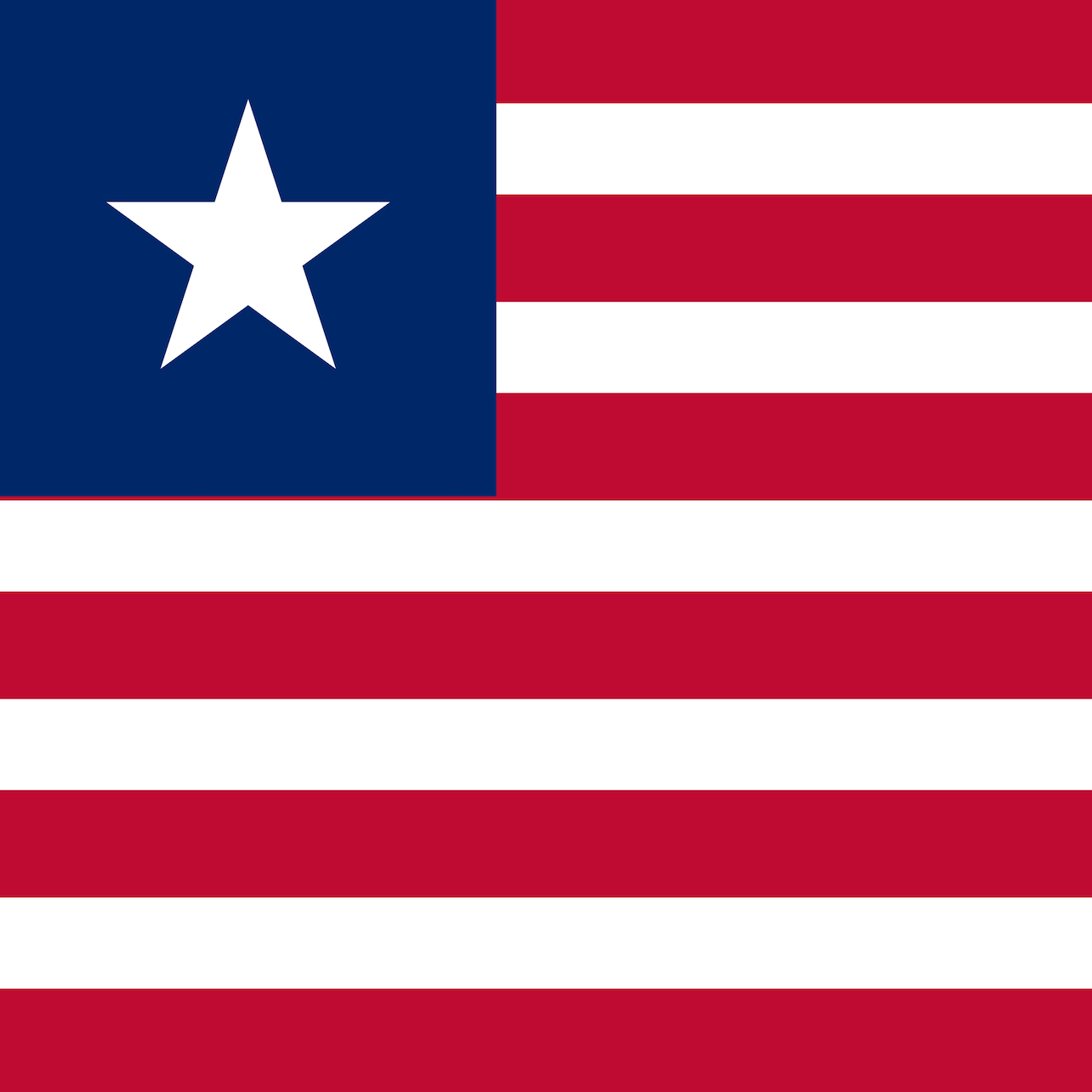
Malawi
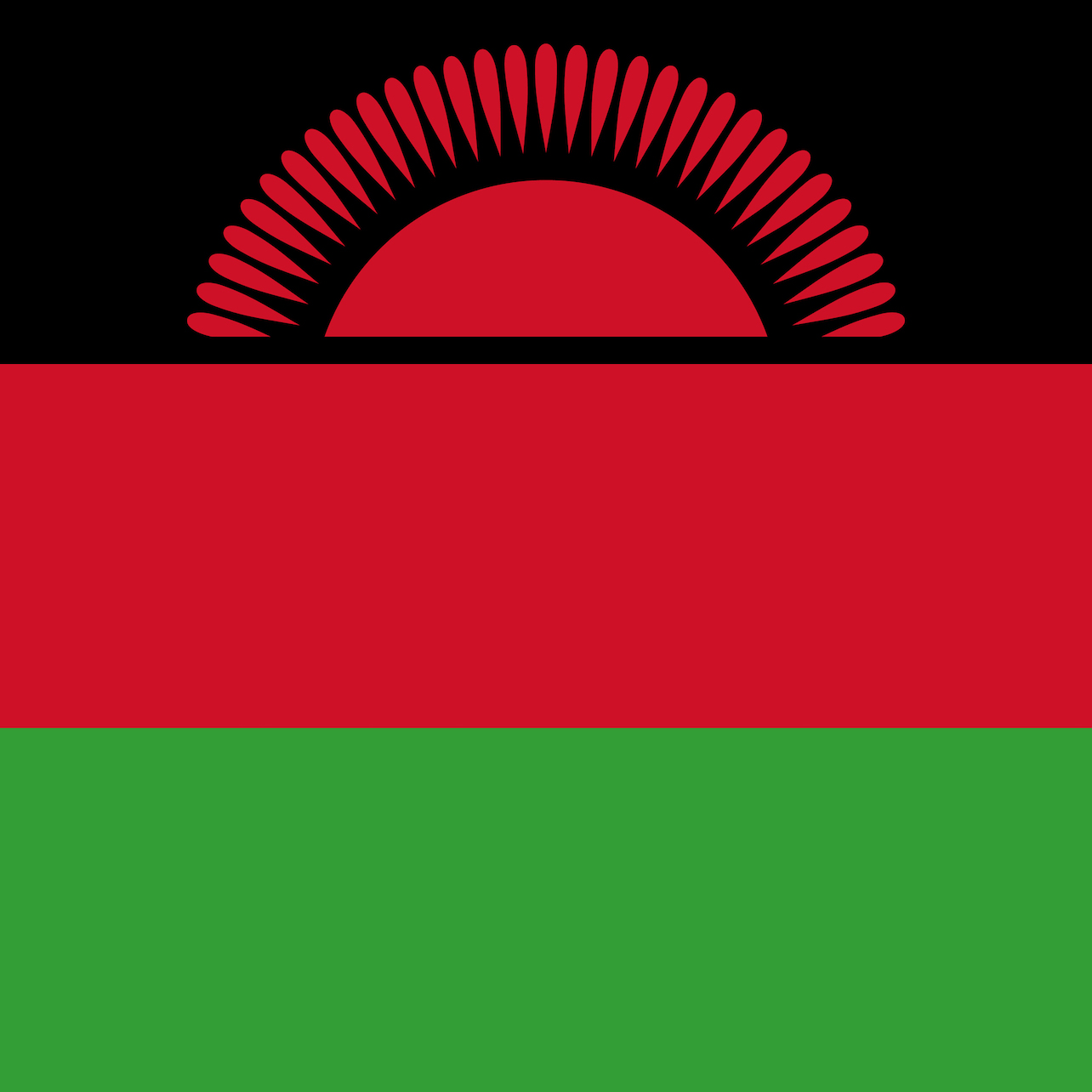
Mali
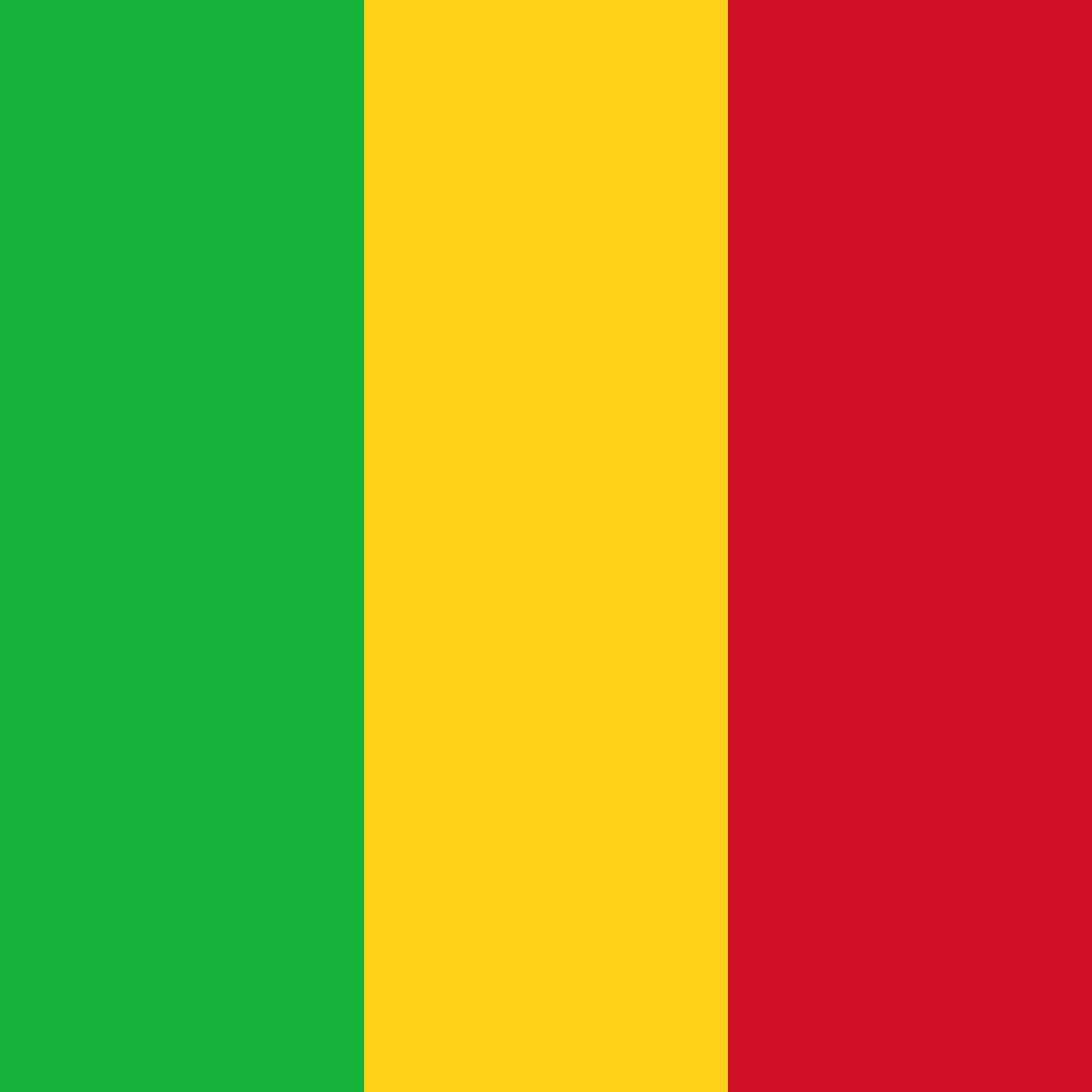
Mozambique
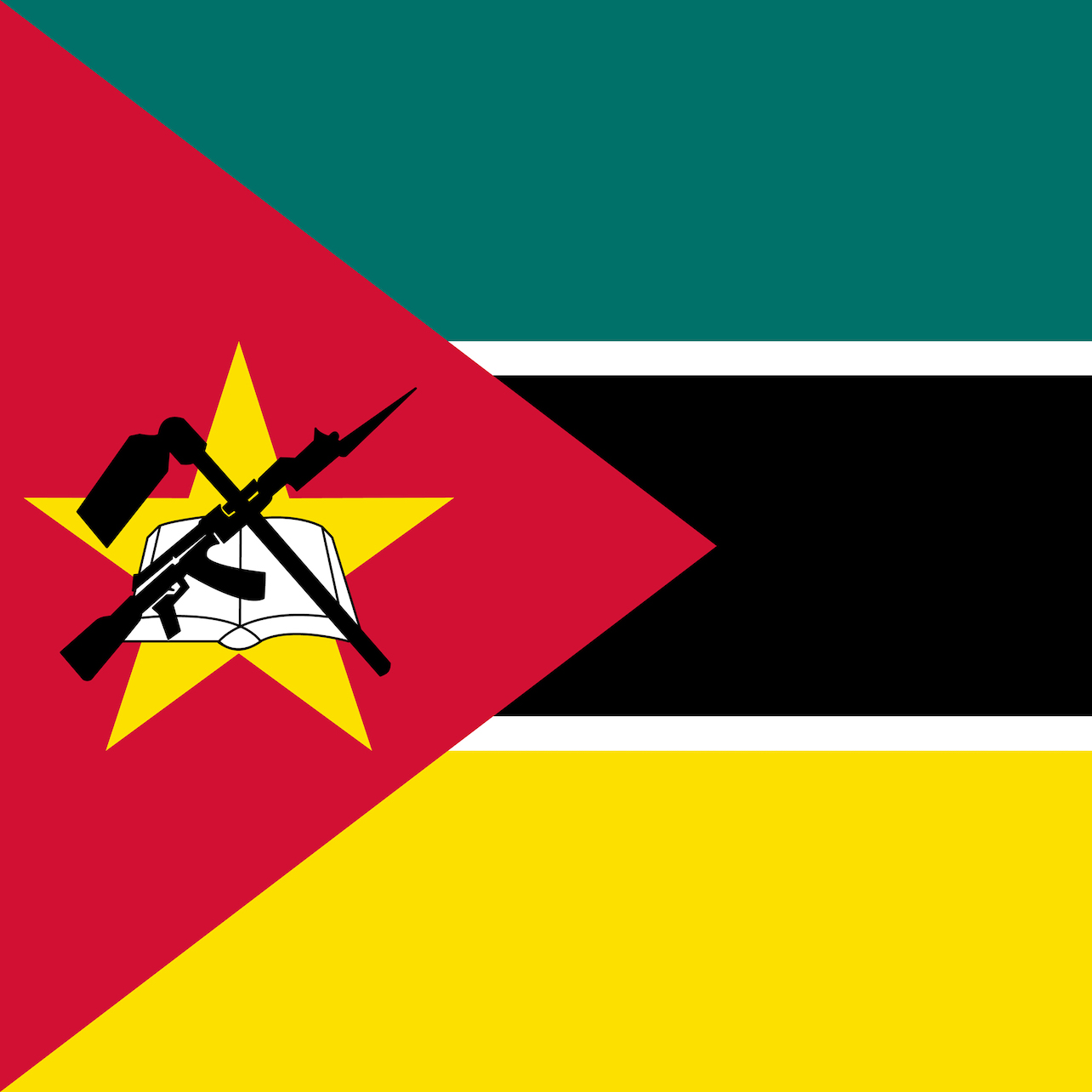
Nigeria

Rwanda
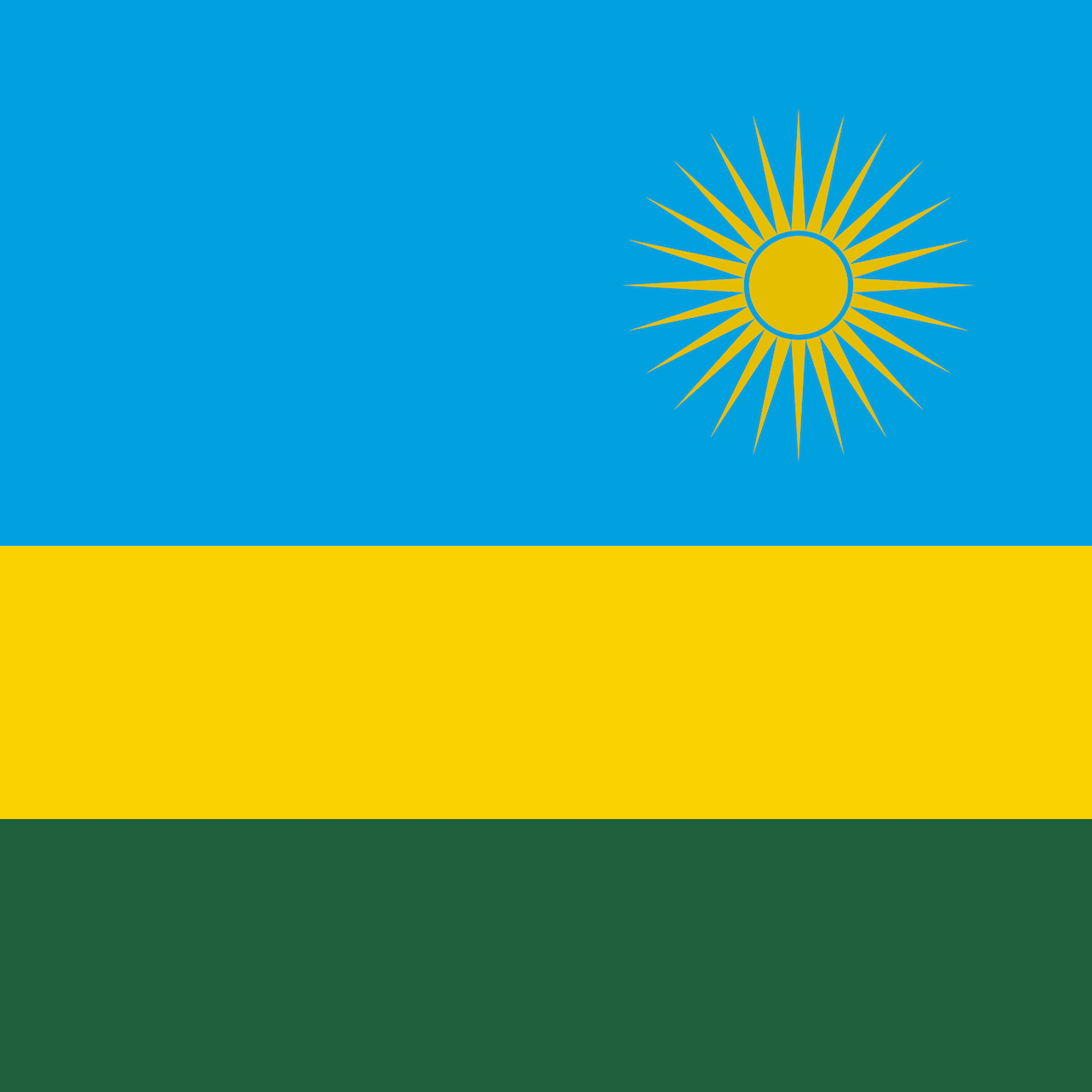
Senegal
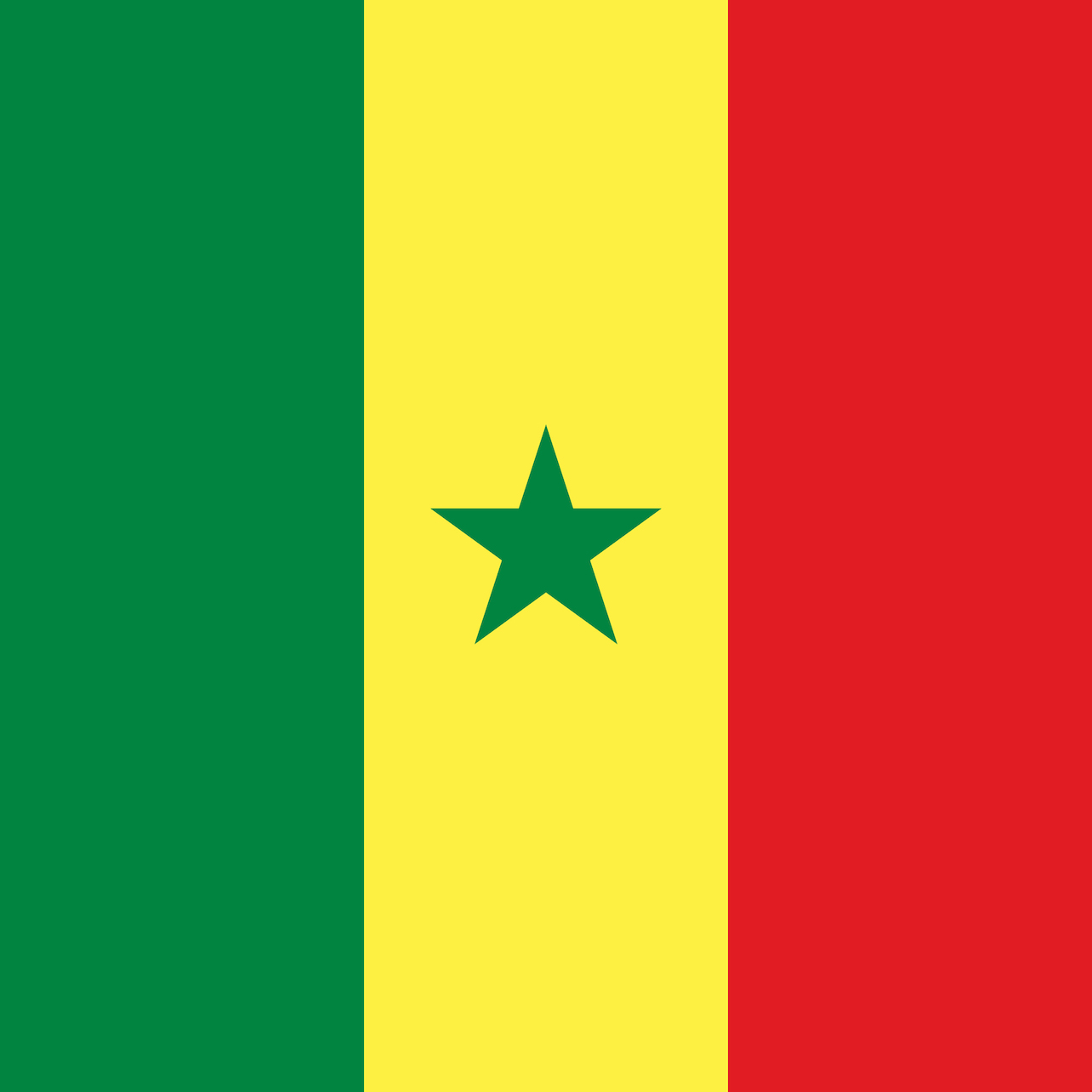
Sierra Leone
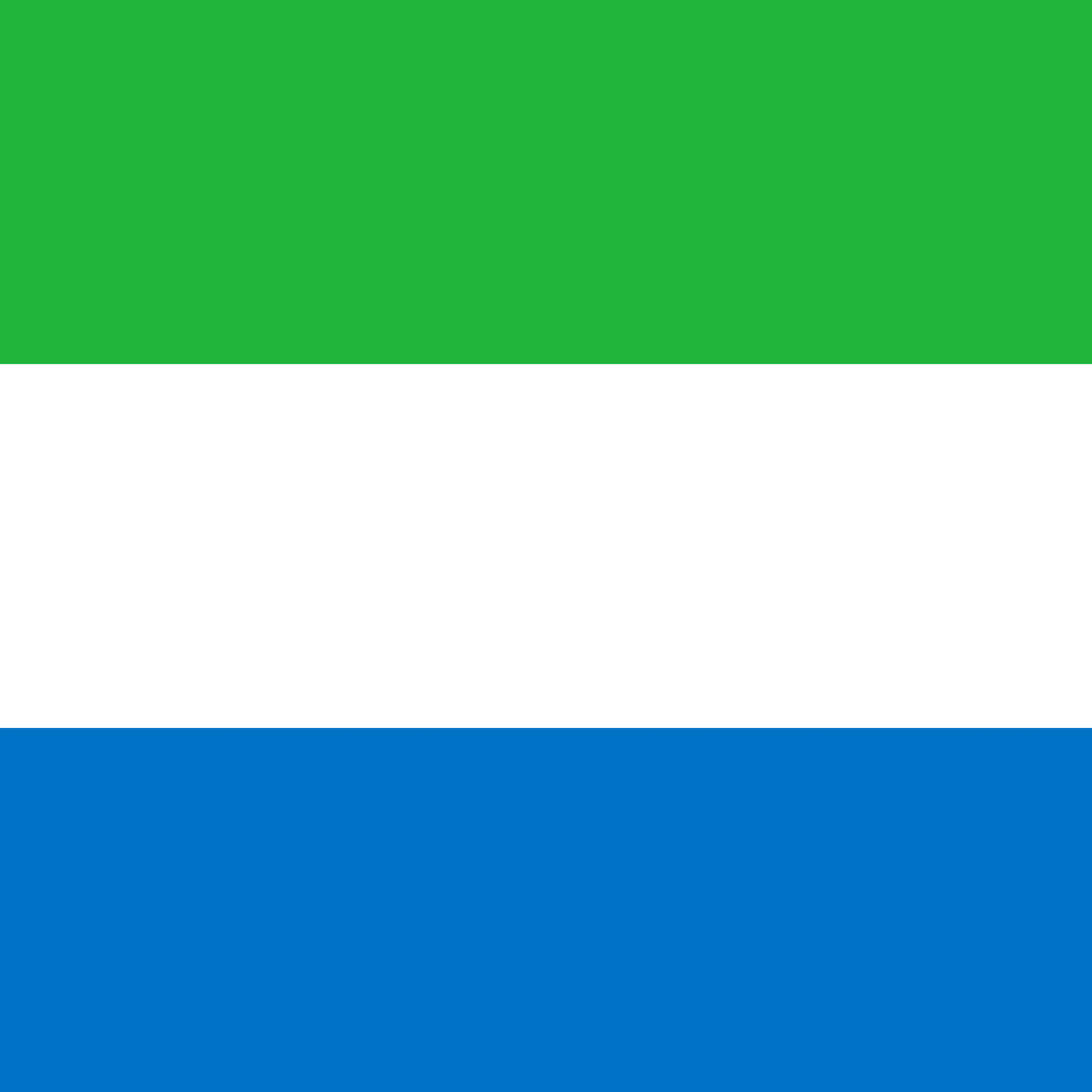
Somalia
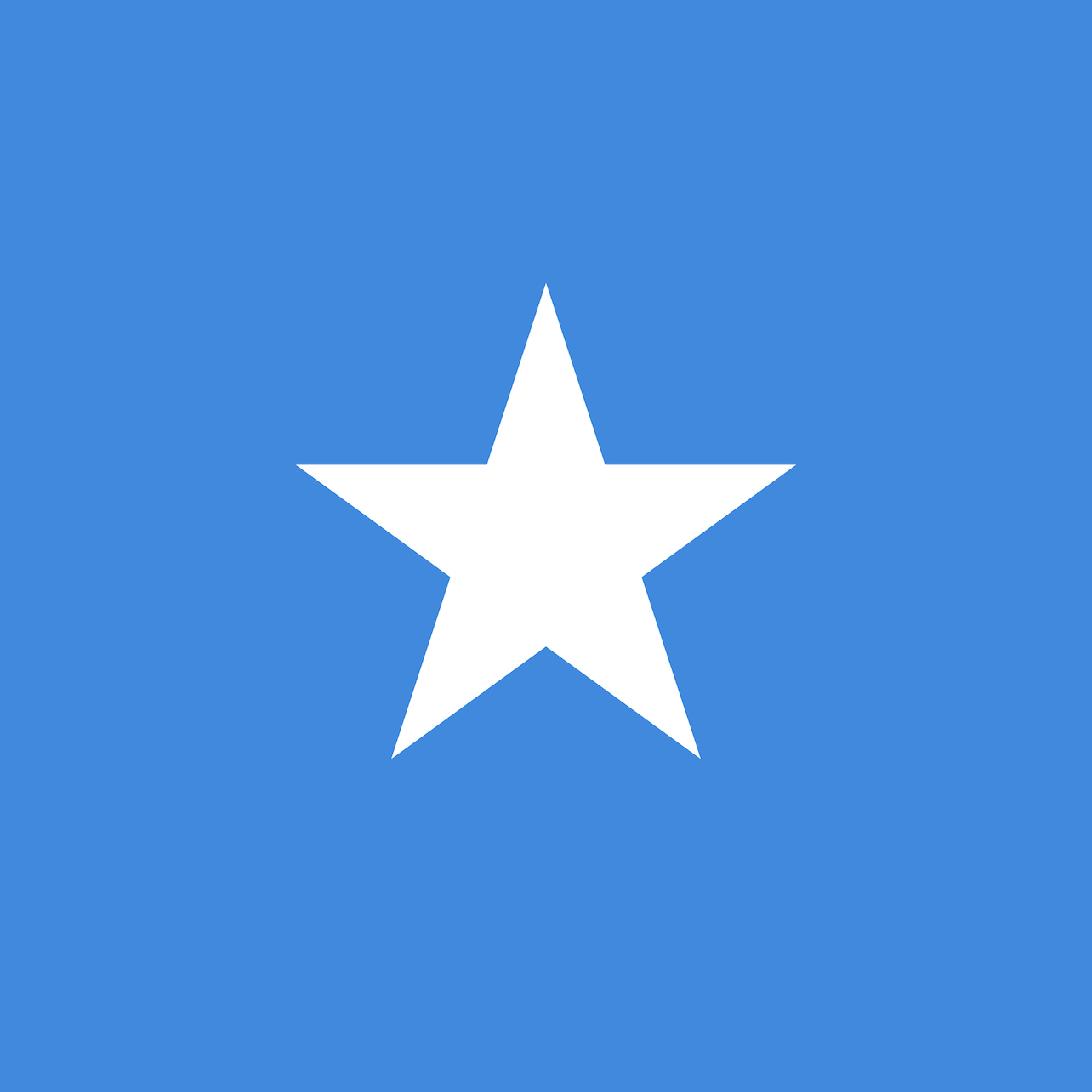
South Africa
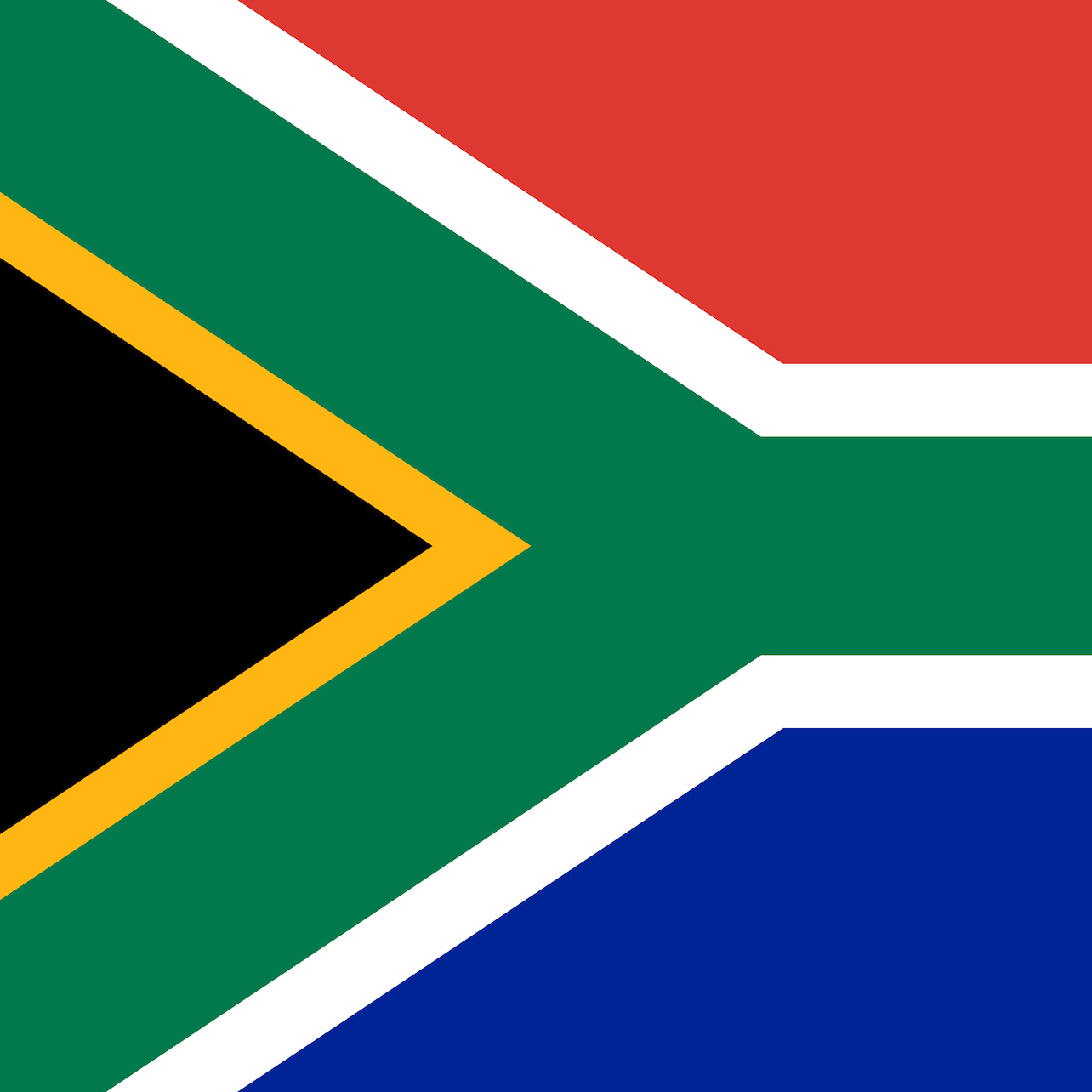
South Sudan
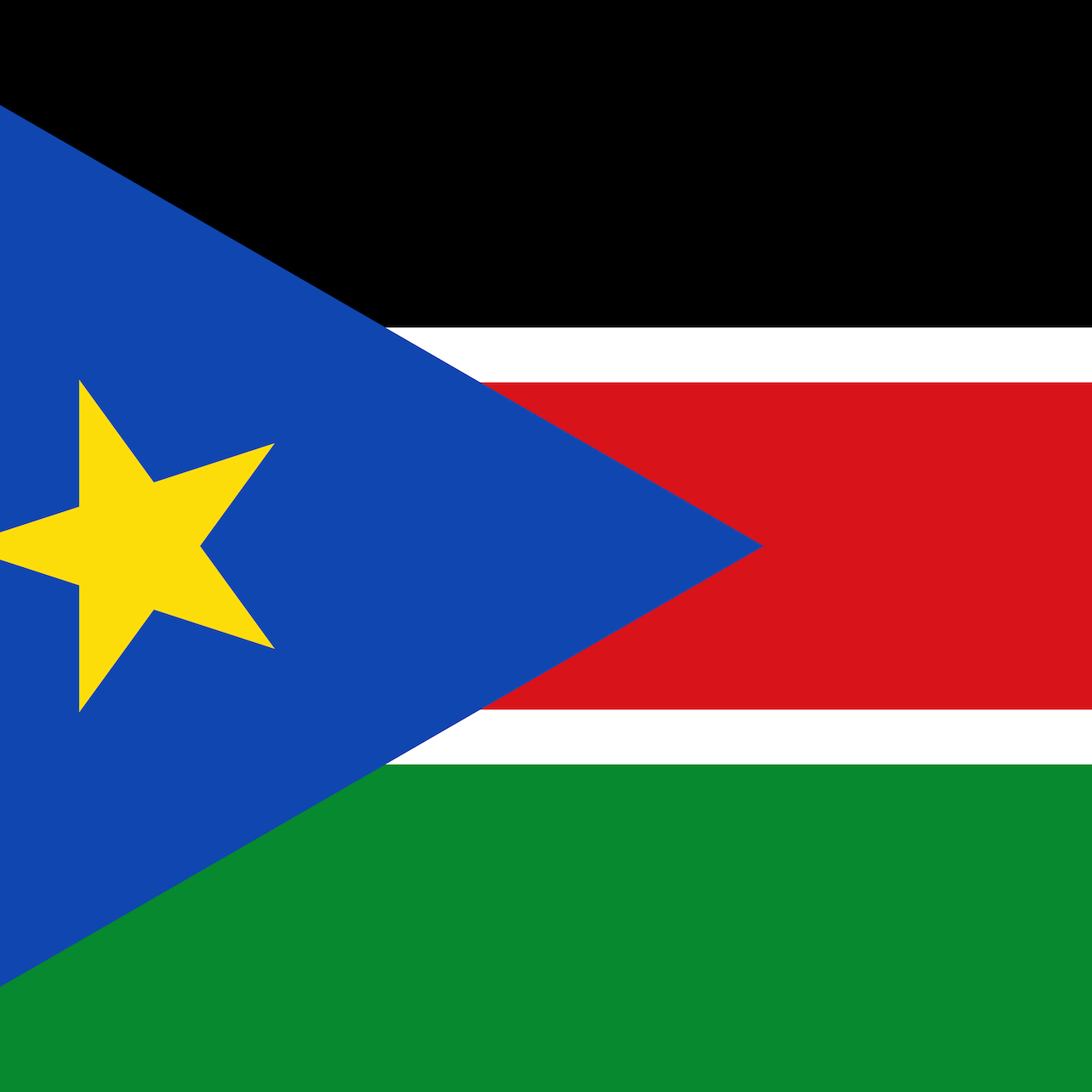
Tanzania
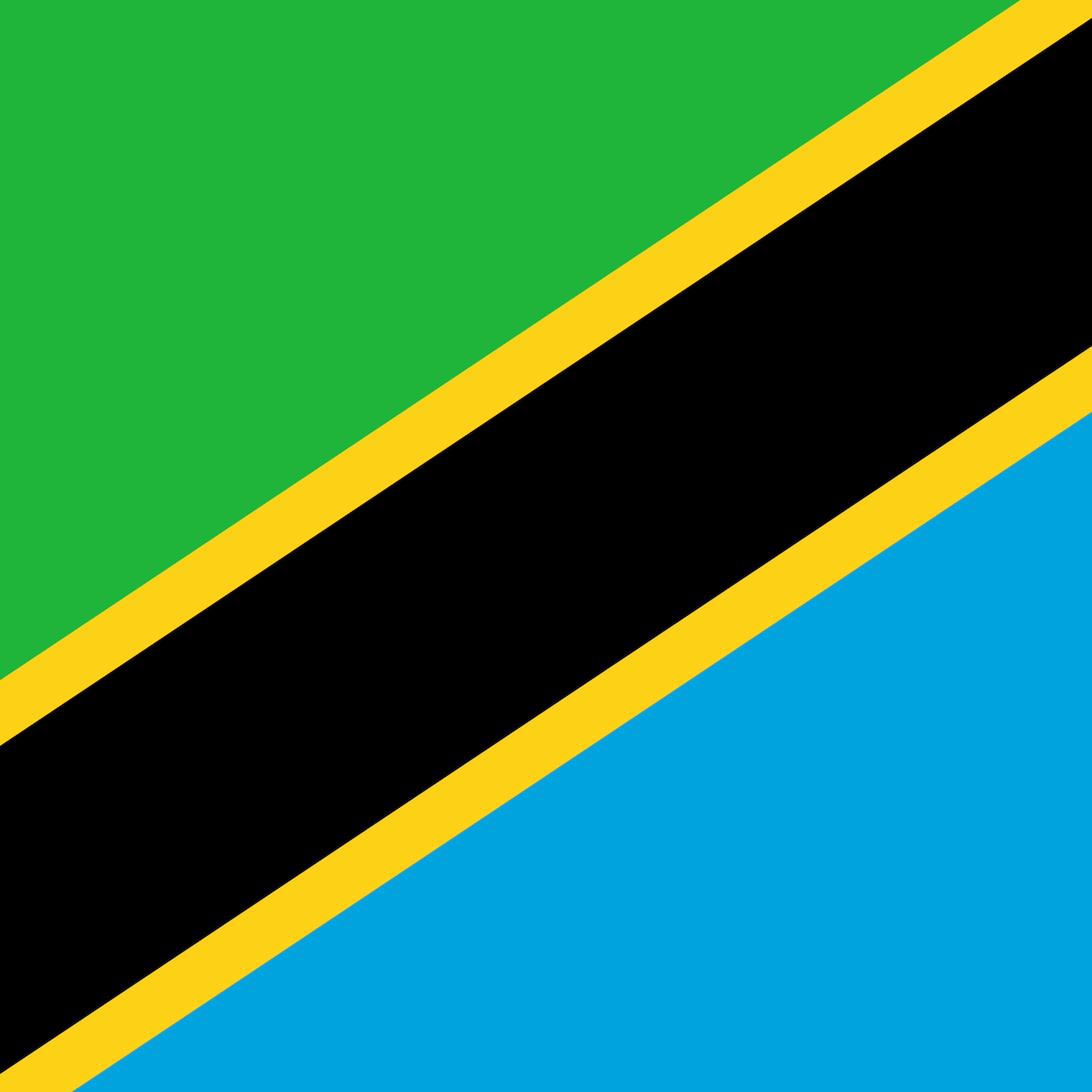
Uganda
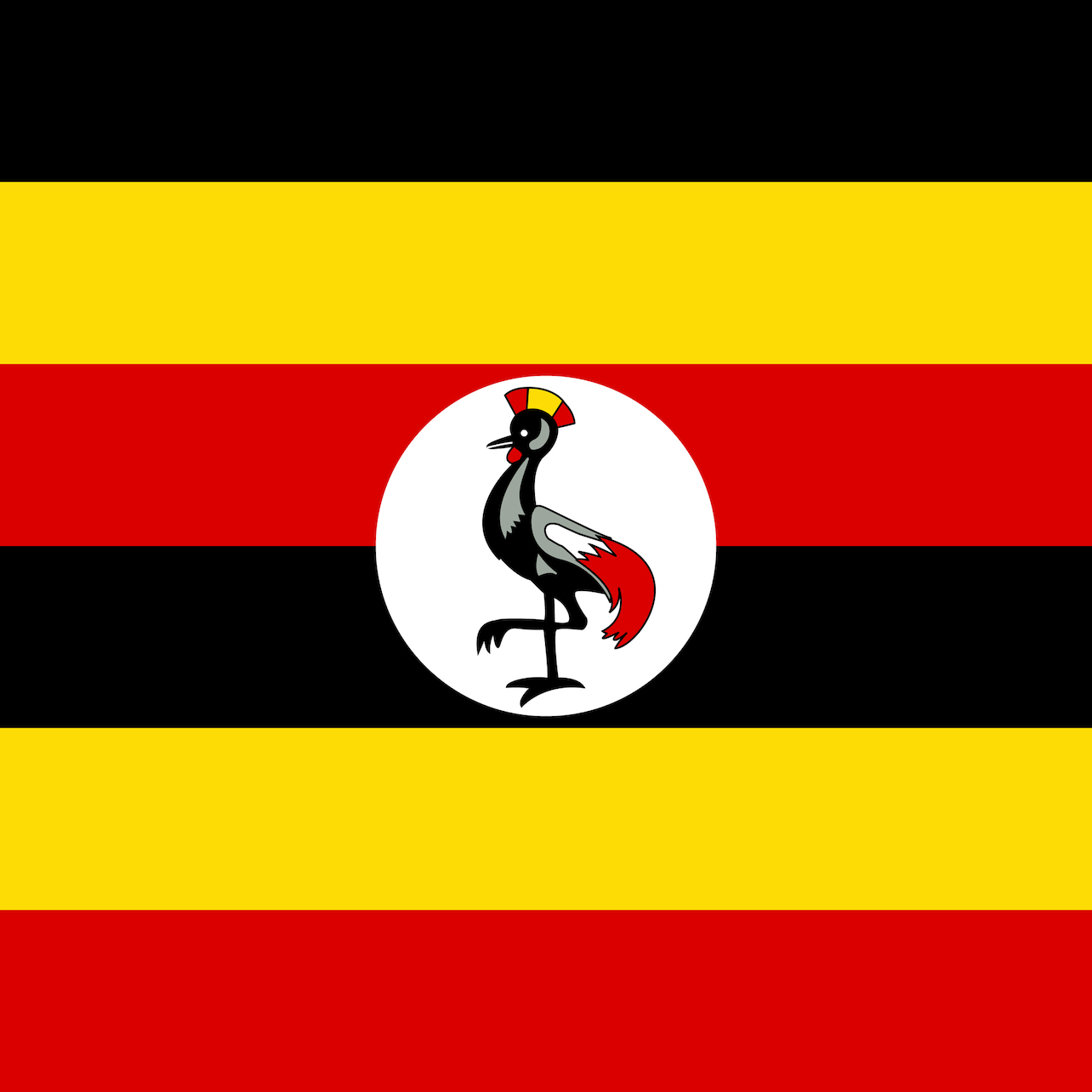
Zambia
